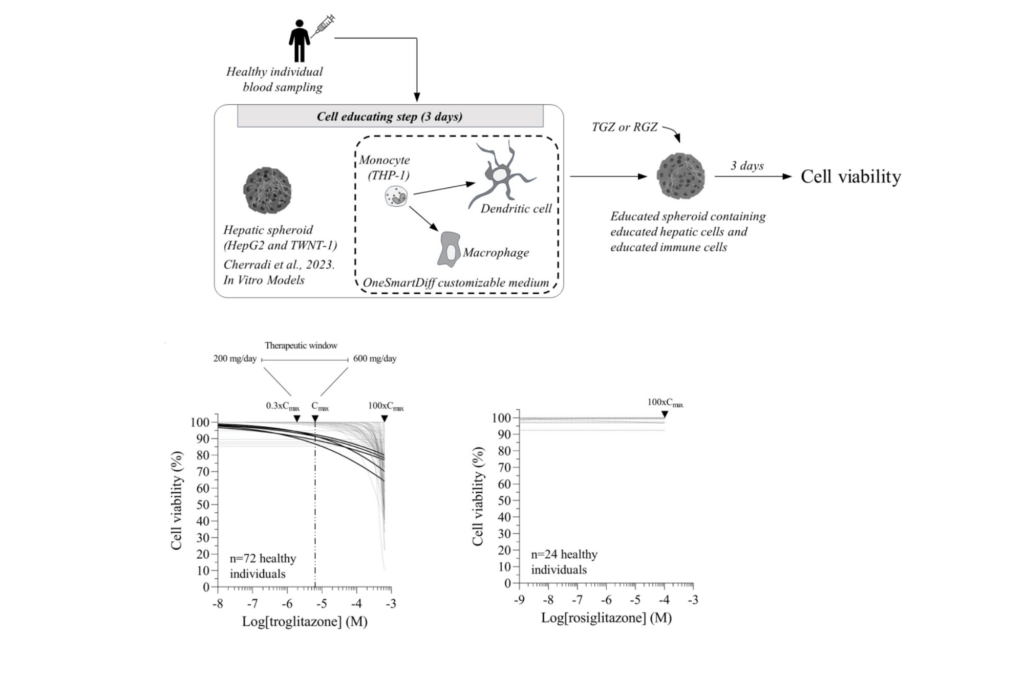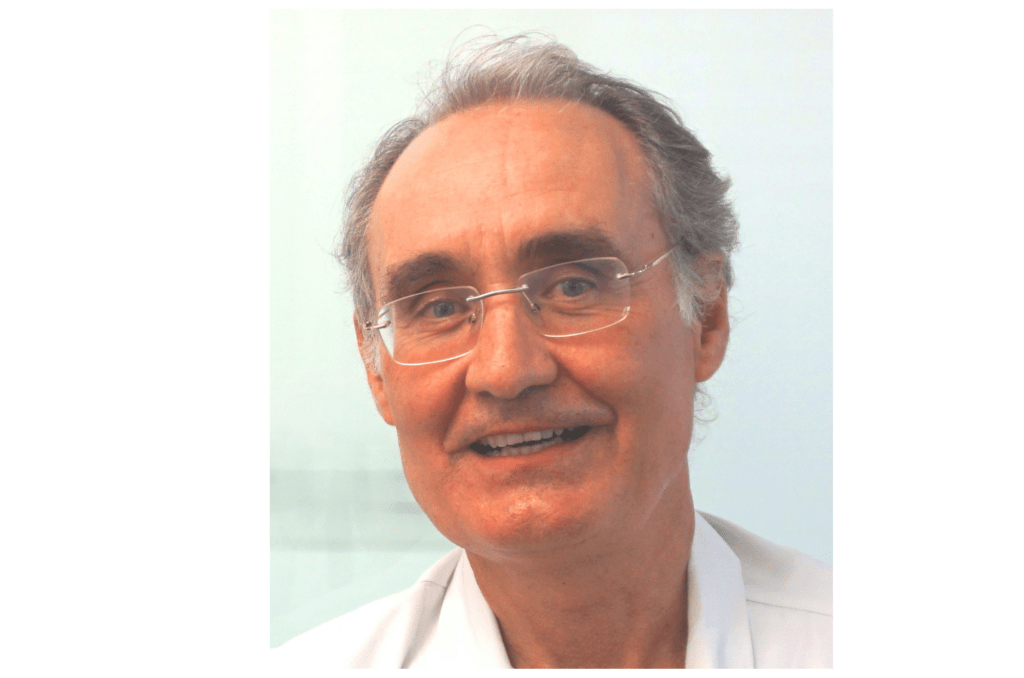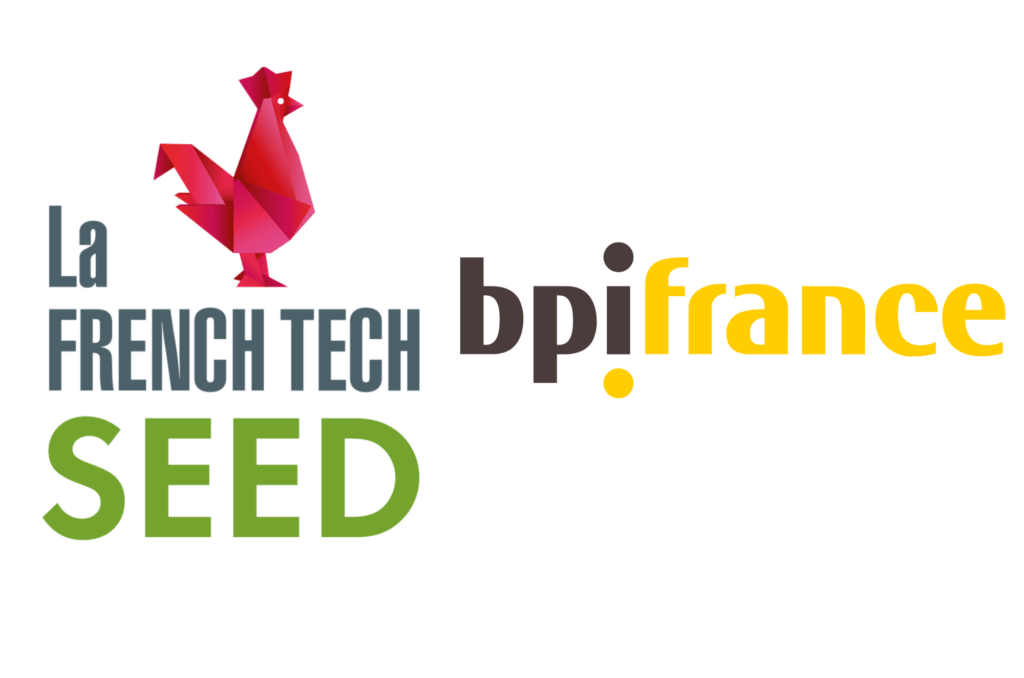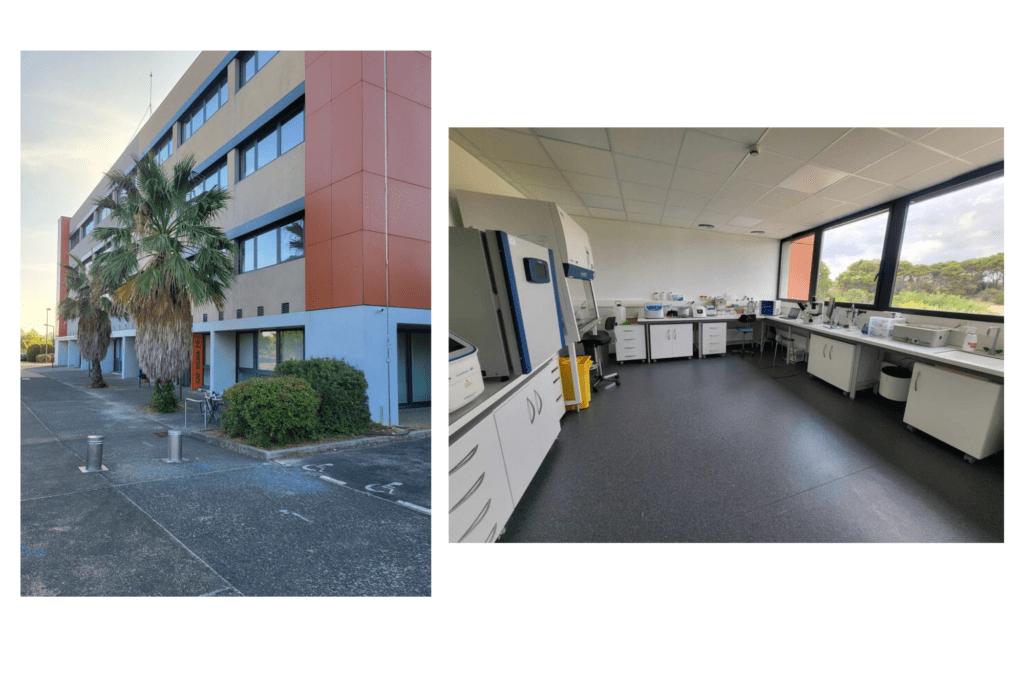NEWS 6

We are pleased to announce that our original research article on the capability of individual-centric spheroid model to detect immune-mediated idiosyncratic DILI at therapeutic doses has just been published in Frontiers in Pharmacology, section Predictive Toxicology. « Exploiting the predictive power of educated spheroids to detect immune-mediated idiosyncratic drug-induced liver injury: the case of troglitazone” Front. Pharmacol., 10 April 2024 Sec. Predictive Toxicology Volume 15 – 2024 | https://doi.org/10.3389/fphar.2024.1378371 Our technology opens perspectives for better selection of lead compounds de-risking failures due to liver injury.
NEWS 5

PredictCan Biotechnologies is pleased to announce the appointment of Professor Jean-François DUFOUR to its Scientific Advisory Board. Professor DUFOUR is a world-leading hepatologist focusing on Metabolic dysfunction-associated steatohepatitis (MASH) and hepatocellular carcinoma (HCC). He published more than 350 scientific publications and is an associate editor of GUT. Professor DUFOUR is the president of the Swiss Foundation against Liver Cancer and the president of the Swiss NASH Foundation. We believe that his scientific expertise will help us to strengthen our R&D programs supporting precision medicine. Welcome Professor DUFOUR!
NEWS 4

Predictcan Biotechnologies has obtained the financial support of the “Région Occitanie” and of the government as part of the “Plan France 2030” to accelerate the development of a companion diagnostic test for hepatocellular carcinoma. Predictcan Biotechnologies collaborates with clinicians to develop innovative solutions for an optimal care for each patient.
NEWS 3

French Tech Seed Label Predictcan Biotechnologies is proud to announce that the company has been awarded the label “French Tech Seed” by the Occitanie Tech Seed Consortium with the Satt AxLR as leader. The investment funds French Tech Seed from the Future Investment Program is operated by BPI France. It will support Predictcan Biotechnologies to speed up its development and to bring innovative solutions for personalized care of cancers.
NEWS 2

PredictCan Biotechnologies moved to a new location and acquired new lab equipment. You can find us now at: Biopôle Euromédecine 1682 Rue de la Valsière, 34790 Grabels Cap Sigma 3rd floor
NEWS 1

We are happy to share our latest article published in “In vitro models” describing an individual-centric 3D model to predict drug-induced liver injury based on non-genetic host factors. GenuineSelect-TOX is a powerful and highly sensitive human 3D model that can detect interindividual differences of drug-induced liver injury at preclinical stage. Confirm the safety of your lead compounds with GenuineSelect-TOX !! “An original donor-dependent spheroid system for the prediction of idiosyncratic drug-induced liver injury risk” In vitro models 2, 281–295 (2023). https://doi.org/10.1007/44164-023-00057-w https://rdcu.be/divPm
